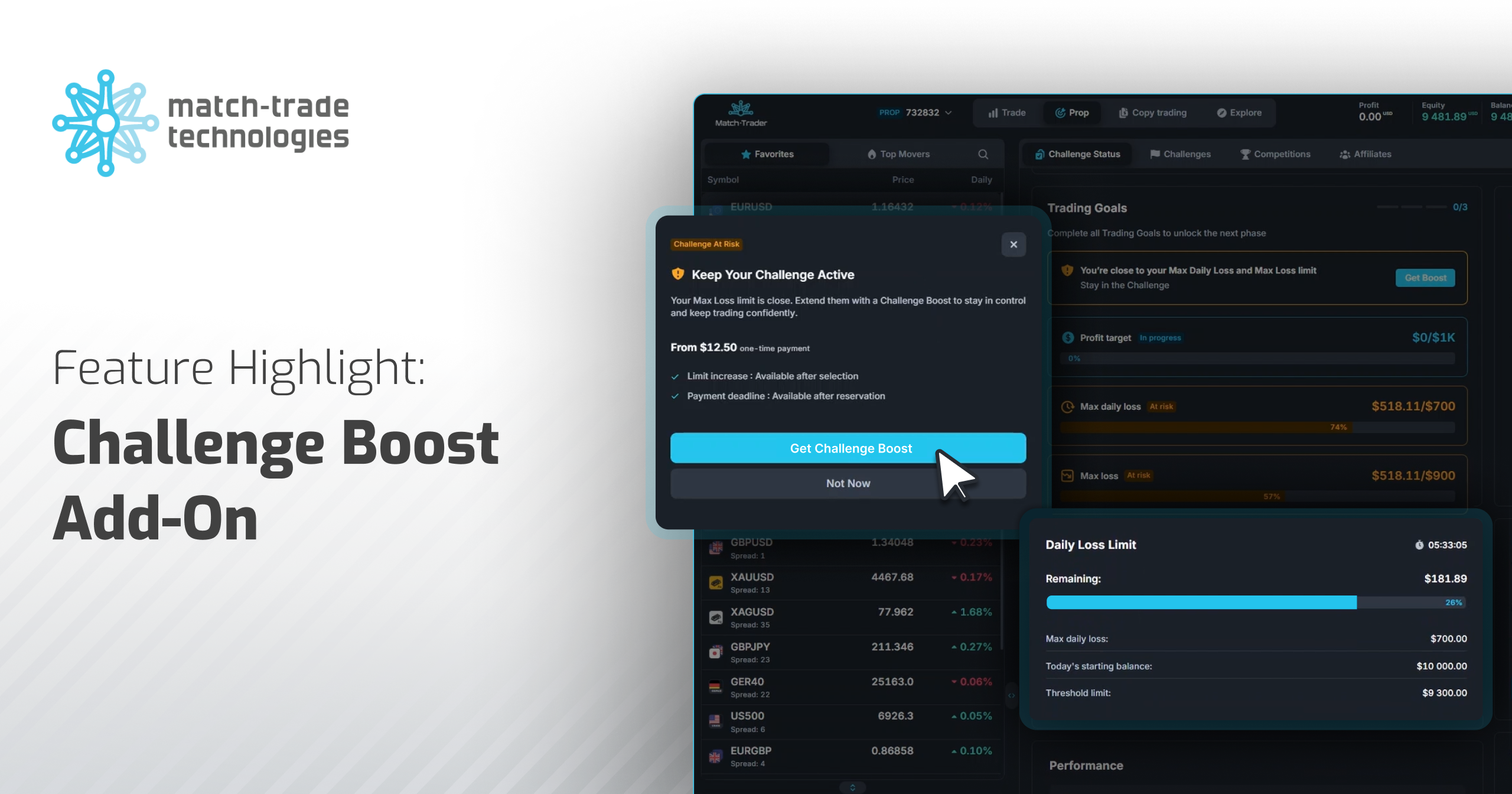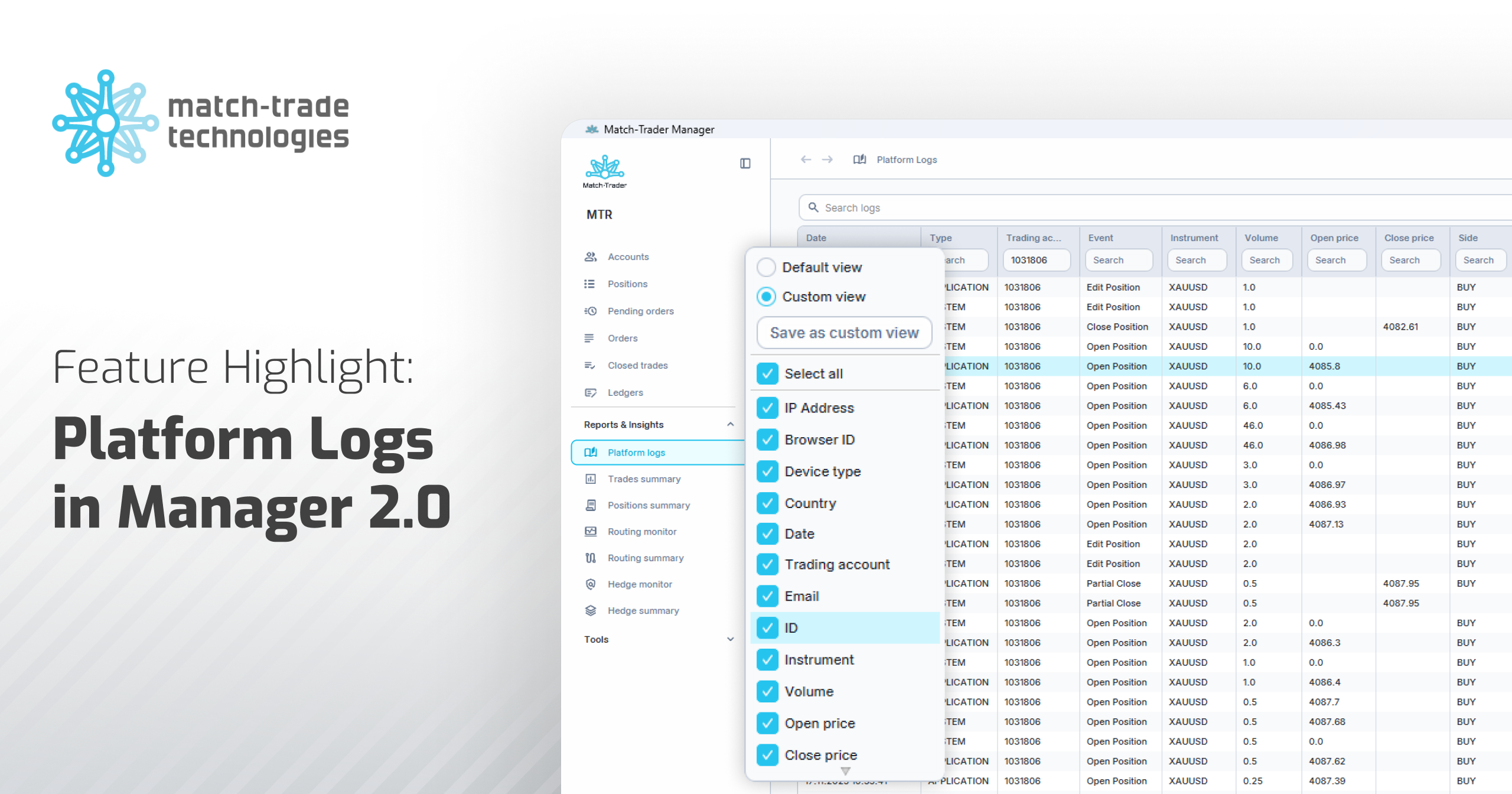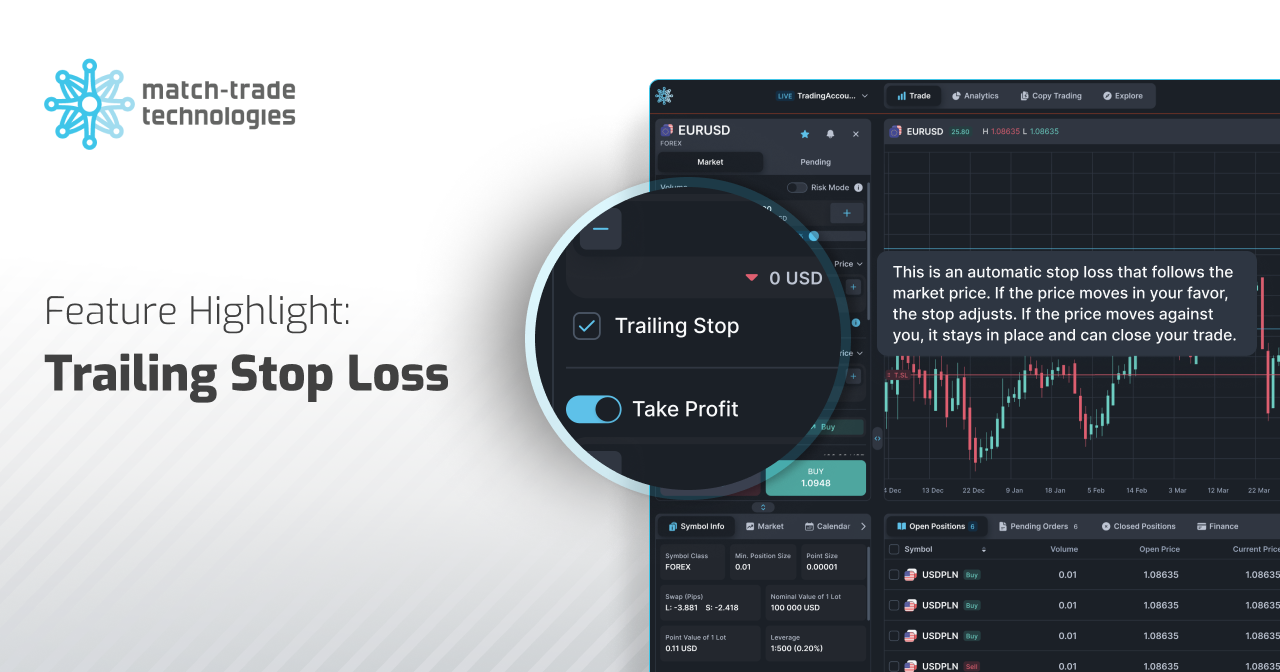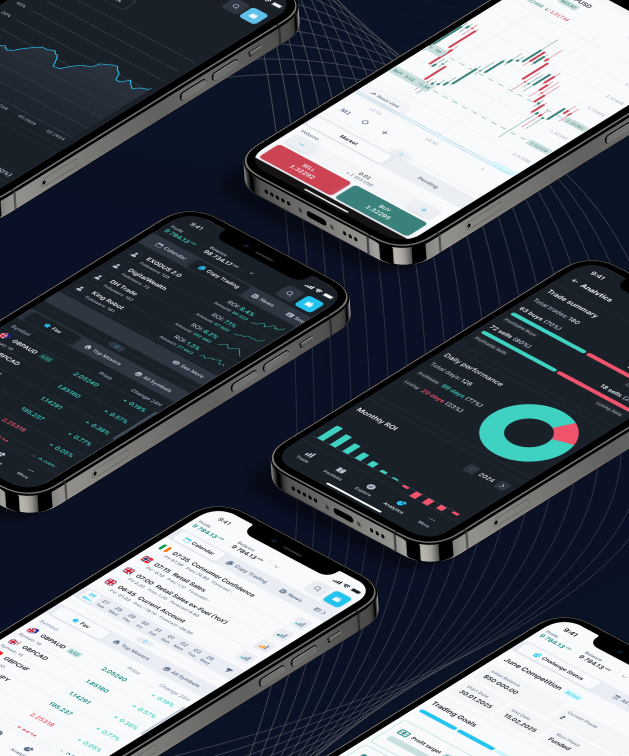Forex services have three types of legal jurisdictions: regulated, partly regulated, and unregulated. Market data shows that up to 95% of Brokers start operating a brokerage without obtaining a Forex Broker licence. Choosing the optimal solution for your business will determine its longevity and chances of success.
Obtaining a licence is mandatory in some countries and not necessary in others. Depending on the jurisdiction, Brokers must either go through a lengthy licensing process or simply register their company without acquiring a licence. Which of these options is better for Startup Brokers?
Types of Forex market regulations
As mentioned above, there are three basic types of regulations that Forex Brokers can choose from. Each has a different scope of restrictions and requirements needed to obtain a Forex Broker licence. We can further divide them into four categories considering the jurisdictions. These include top-tier jurisdictions like Japan, mid-range jurisdictions like the UK, regulated offshore jurisdictions like the British Virgin Islands, and offshore like the Marshall Islands.
Top-tier jurisdictions to obtain a Forex Broker licence
There are two types of jurisdictions considered the most regulated and strict. These are USA and Japan. The process of acquiring the licence may take over a year, and it is costly. To acquire a licence, Brokers must possess a considerable amount of free capital (in the US, it is $20 million) and pay a membership fee. Moreover, they must have local offices and are bound by strict reporting requirements.
Mid-range jurisdictions for Forex Services
The second category includes countries like UK, Malta, and Cyprus. In these jurisdictions, there is a lower entry barrier (deposit an initial capital of around $150 000), but the requirements are rigorous. To start a Forex business, Brokers must go through an extensive process of licence acquisition which may take an average of one year. They also have to run a local office, which is an additional cost.
Regulated “offshore” jurisdictions
The British Virgin Islands, Vanuatu, Mauritius, Belize, Seychelles and Cayman Islands are also regulated but still considered offshore. What does this mean? Brokers wanting to operate in these jurisdictions must undergo a licencing process, which is much shorter than in so-called “onshore” jurisdictions. On average, it takes around 3 to 4 months to obtain a licence and register as a Broker (time to prepare documentation is not included). The important thing is that the licence facilitates opening a corporate bank account, which may be difficult in offshore jurisdictions.
Top jurisdictions for novice Forex Brokers
The last category is an “offshore” jurisdiction, including the Marshall Islands, St. Vincent and Grenadines or Nevis. In these jurisdictions, Brokers don’t need to acquire a licence, as they are not regulated. Registering a brokerage takes an average of about a week and only requires a few thousand USD.
In the Forex market, Startup Brokers are often led to start their business offshore. What are the pros and cons of such a solution?
Pros of starting a Forex Brokerage offshore
Low fees
The cost of setting up a brokerage firm is often considered one of the most important aspects to consider while choosing a jurisdiction for your brokerage. Starting offshore incurs only the company registration cost, which is approximately a few thousand dollars.
The short and straightforward registration process
As mentioned above, the registration process takes only a few days (up to 2 weeks in some cases). It is straightforward and easy to go through, which is a huge advantage for Startup Brokers as their primary goal is to focus on acquiring traders and making profits.
Minimal or no taxation
The tax system is another advantage that draws brokers to unregulated areas. The cost of conducting a business can be significantly lower with low or no taxes.
No reporting requirements
Forex offshore brokerage business doesn’t need to report to any regulatory body. In addition, they don’t go through accounting documents’ controls.
No need to run a local office
Another significant difference for FX Brokers is the possibility of running their business online, as they don’t have to run a physical office. Not only does it result in savings, it also allows Brokers to have the freedom of running their business from anywhere in the world. That means they can choose the jurisdiction that best suits their business.
Cons of choosing the offshore jurisdiction
Issues with corporate bank account
One of the issues Forex Brokers may run into while setting up their brokerage is trouble with creating a corporate bank account. As in offshore jurisdictions, regulations don’t apply, they are more sensitive to fraud. As a result, offshore Brokers can find it challenging to set up a bank account. Technology providers offer solutions like crypto payment gateways to resolve this issue, as cryptocurrencies are not regulated in most jurisdictions.
Less credibility
Some traders believe that working with unregulated Brokers may pose some risk. It may result in less credibility. However, it is also known that offshore companies provide reliable trading instruments and highly professional services, and so a large number of traders trusts them.
Limitations of marketing operations
The limited possibility of running marketing campaigns is another difficulty offshore Brokers can run into. To combat the issue, new opportunities arise that may be useful and successful. We created a guide on conducting marketing activities catered to the specific needs of offshore Brokers. You can find it here.
Do you need a Forex Broker licence?
Although offshore jurisdictions are an excellent option to start a Forex brokerage, not only Startup Brokers choose to take advantage of it. Well-established and regulated brokers are increasingly likely to offer their EU clients an alternate jurisdiction during the onboarding process. This implies that clients who register with a licenced, EU-based organisation are also offered a second account, one with much better terms. This is because offshore countries have no limitations on account leverage, instrument range, and other conditions. Since there is minimal or no taxation, Brokers’ offers can be significantly better.
Forex Brokers, especially novice ones, need to consider the jurisdiction of their brokerage carefully. The foreign exchange market is a dynamically changing environment that may pose both risks and opportunities. That’s why choosing between the so-called “offshore forex licence” and obtaining a Forex Broker license from a trusted regulator must be well thought out. Contact our experts if you need help choosing the right option for your business.





